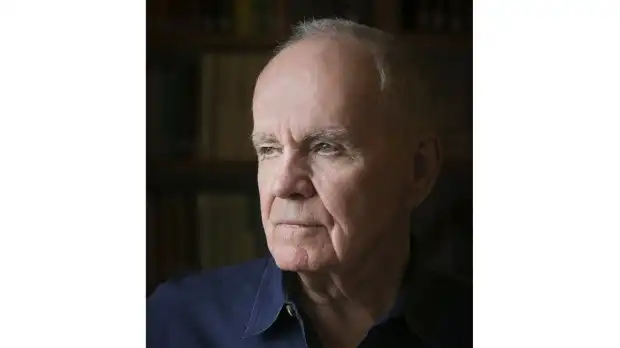
Renowned author Cormac McCarthy, well-known for 'The Road' and 'No Country for Old Men,' passes away at the age of 89.
Pulitzer Prize-winning novelist Cormac McCarthy dies at age 89.
7939 NW 21st St
Miami, Florida

Pulitzer Prize-winning novelist Cormac McCarthy dies at age 89.
You ever come across a novel so compelling that you get lost in its pages? Something akin to stepping into another world, an entirely separate dimension? "The Crossing" by Cormac McCarthy is just one such treasure. Inadvertently, it immerses us in the raw vicissitudes of life.
This masterpiece, being part of the acclaimed 'Border Trilogy,' delves deep into human emotion and struggle resonating on each page with astounding detail and brutal honesty. But apart from serving as excellent literature, what exactly can we explore within this topic?
We wouldn't be overstating if we said every chapter opens a new vein for exploration - drips of news content relating various themes infused seamlessly throughout the narrative that paints a robust picture underpinning rich meaning; Depth is something McCarthy’s work never lacks.
Isn’t it fascinating how heavy subjects like mortality, humanity's relationship with nature are subtly addressed? Picture Billy Parham's journey through Mexico and his adventures with his brother Boyd. Do they not expose many dimensions about resilience or loss already?
Digging deeper past the surface level interpretation reveals layers tackling philosophical questions ranging from existentialism to freedom bound intricately within character actions or narratives.
An interesting facet to delve could be analysing differences between American & Mexican landscapes portrayed vividly against their cultural variations sparking lively debates amongst scholars. Isn’t seeing disparate views collide thrilling enough?
"The wolfdog hybrid" isn't she more than just a character in our story? Does her allegorical representation leading up to tragic fate draw no parallels with inevitable miseries bestowed upon innocents due to circumstances beyond control?
In closing, studying "The Crossing," unveils before us an expansive labyrinth branching into multiple avenues spread across literature criticism arenas while constantly posing challenging questions stimulating intellectual curiosity. Doesn’t pondering over ideas bigger than ourselves often broaden horizons gripping us stronger towards humanity’s real essence?"